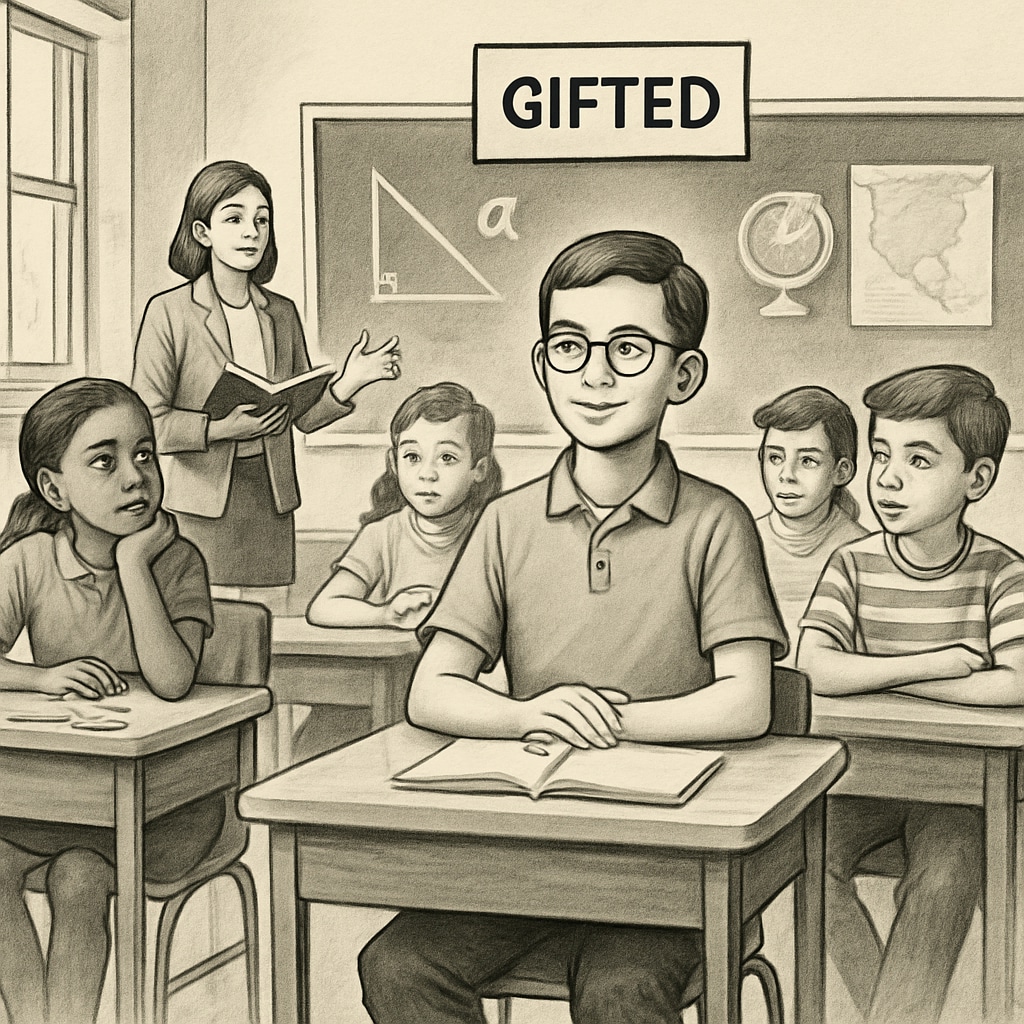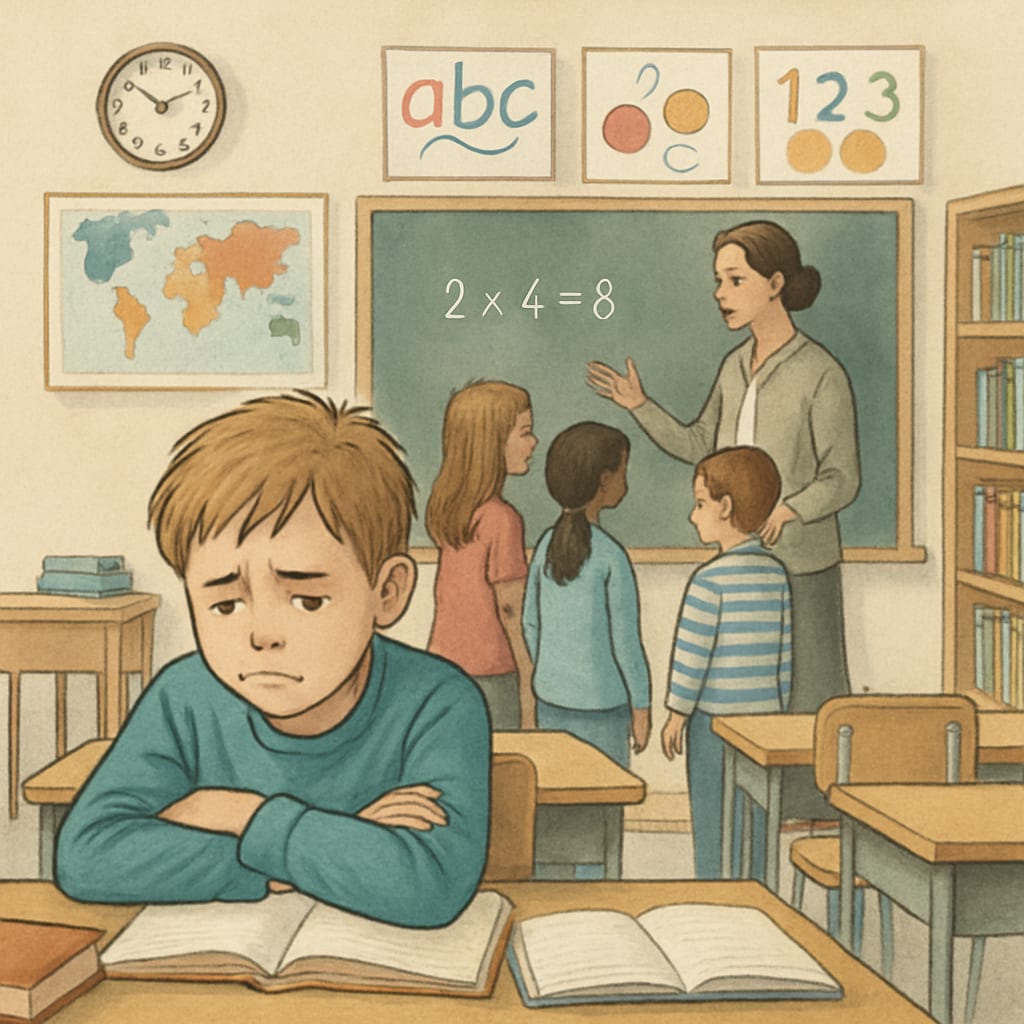The “talent” label in education systems often appears benign, even motivating. However, the reality is far more complex and damaging. This article explores how “talent,” education labels, and student stress intertwine to create a harmful cycle, stifling both highly gifted individuals and those deemed “ordinary.” We also advocate for a more inclusive, growth-oriented approach to evaluating students.
The Double-Edged Sword of the “Talent” Label
Labeling students as “talented” or “gifted” may seem like a celebration of their abilities, but this practice often imposes immense pressure. For example, students labeled as “gifted” are expected to excel constantly, leaving little room for failure or exploration. As a result, these students may experience heightened anxiety and burnout. On the other hand, those not categorized as “talented” may internalize feelings of inadequacy, believing they lack the ability to achieve success.

Research confirms these detrimental effects. According to Britannica’s article on educational psychology, such labeling often creates fixed mindsets, where students believe their abilities are static rather than improvable. Fixed mindsets hinder growth and resilience, essential qualities for long-term success.
How Labels Marginalize “Ordinary” Students
While “gifted” students face pressure, those considered “ordinary” or “average” often suffer from systemic neglect. These students may receive fewer resources, less encouragement, and limited opportunities to showcase their potential. The implicit message is clear: they are not worth investing in. This marginalization can lead to disengagement, low self-esteem, and a diminished sense of belonging within the educational environment.

Moreover, a study published in Wikipedia’s educational psychology entry indicates that labeling students based on perceived talent can exacerbate inequalities. Teachers may unconsciously prioritize “gifted” students, reinforcing stereotypes and limiting the scope of learning for others.
Fostering a Growth Mindset in Education
The solution lies in shifting from talent-based evaluation to a growth-oriented mindset. A growth mindset emphasizes effort, perseverance, and adaptability over innate ability. By valuing these qualities, educators can create inclusive environments where all students feel empowered to learn and succeed.
- Replace labels with individualized feedback that highlights strengths and areas for improvement.
- Encourage collaboration rather than competition, fostering mutual growth among students.
- Implement diverse teaching methods to address varied learning styles and capabilities.
For example, project-based learning allows students with different strengths to contribute meaningfully, promoting collective success rather than individual ranking.
Conclusion: Rethinking Education Labels
“Talent,” “education labels,” and “student stress” are interconnected issues that demand attention. By perpetuating fixed mindsets and creating unnecessary hierarchies, these labels suppress potential across the spectrum. A more inclusive approach to student evaluation—focused on growth and effort—can unlock hidden capabilities and ensure that every learner has the opportunity to thrive.
As educational institutions evolve, it is critical to question traditional practices and embrace systems that nurture each student’s unique journey. After all, the ultimate goal of education is not to categorize, but to inspire growth.
Readability guidance: Short paragraphs and lists have been used to enhance clarity. Overuse of passive voice has been avoided, and the article includes transitional phrases to maintain logical flow.


